There are many mixed answers when it come to discipling a puppy. While there are some veteran pet owners that do not believe in positive reinforcement, there are many studies show that those who use positive reward-based training methods find their dogs to be more obedient and happy! Physically punishing a puppy has been linked to fear and aggression in dogs, which can pose a risk for strangers, family members, etc.
Today, we explore how to discipline your puppy without the use of negative reinforcement, fear or physically and strongly discourage pet parents from doing so!
Common Puppy Problems
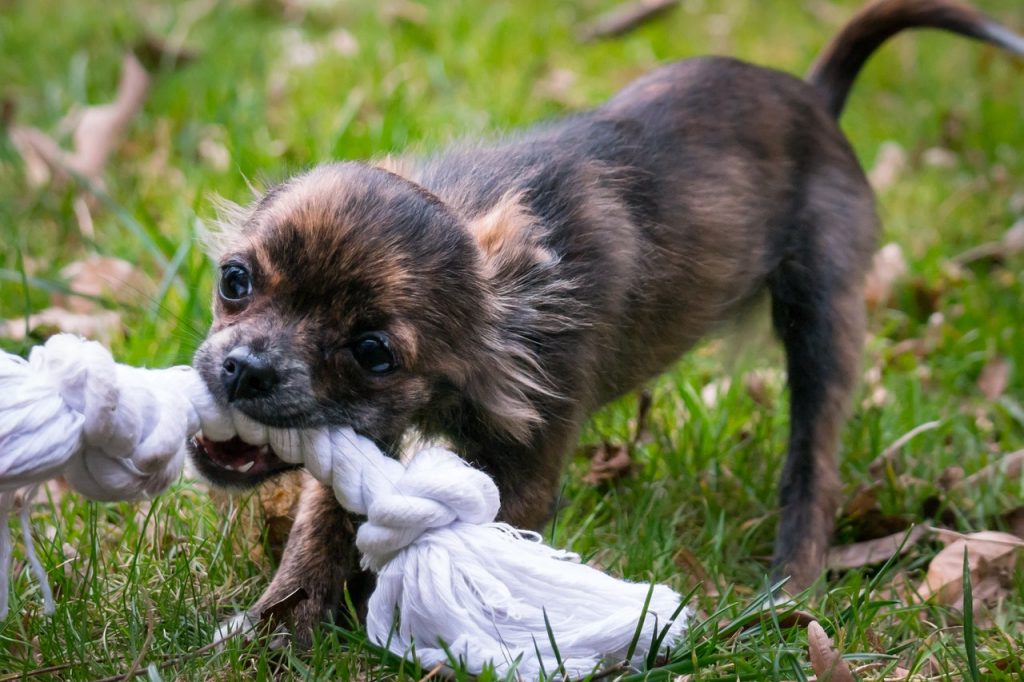
If you have never had a puppy, then you’re probably unaware of the frustrating things that can happen in the home. Most of these are fixable with rigorous training! We will link some helpful articles that will allow you work on these problem.
- Urinating or defecating in the home
- Barking or whining
- Nipping or biting
- Chewing
- Separation anxiety
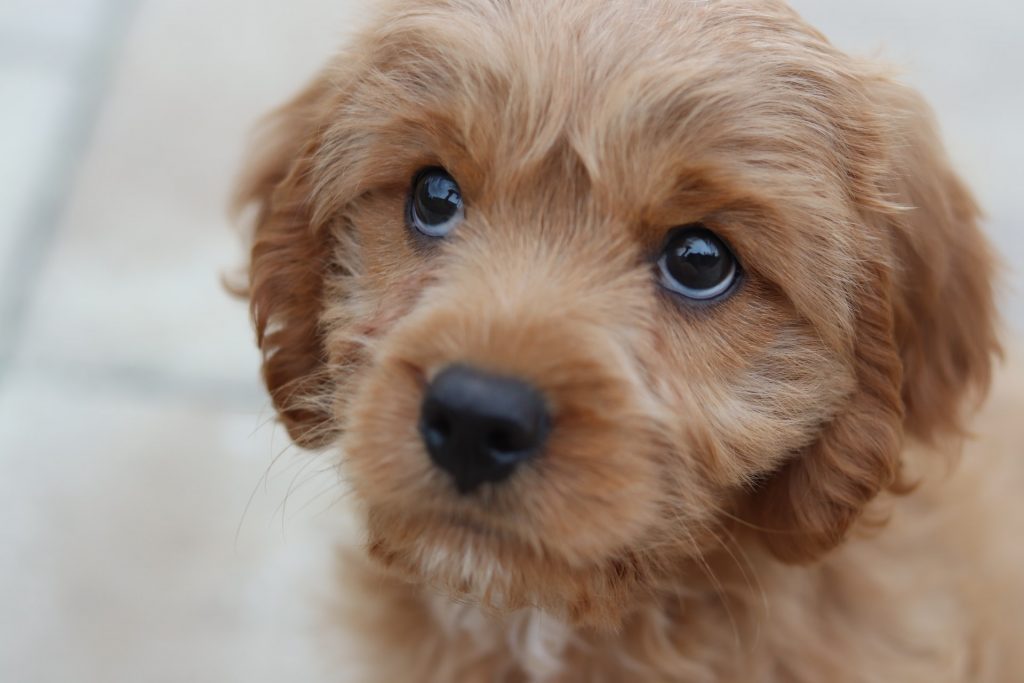
DO NOT DO THIS!
- NEVER physically punish your puppy. This will only lead to fear and aggression towards you and other people who they believe may harm them.
- Do NOT stare or drag or hold them down. Staring a dog directly in the eyes are typically seen as a challenge by dogs and can cause them to physically attack you. Holding them down has a similar effect and does not teach the puppy what they did wrong.
- Do NOT shout or scream at them. Not only is this scary, they do not know what they’re being yelled at for!
What to Do Instead
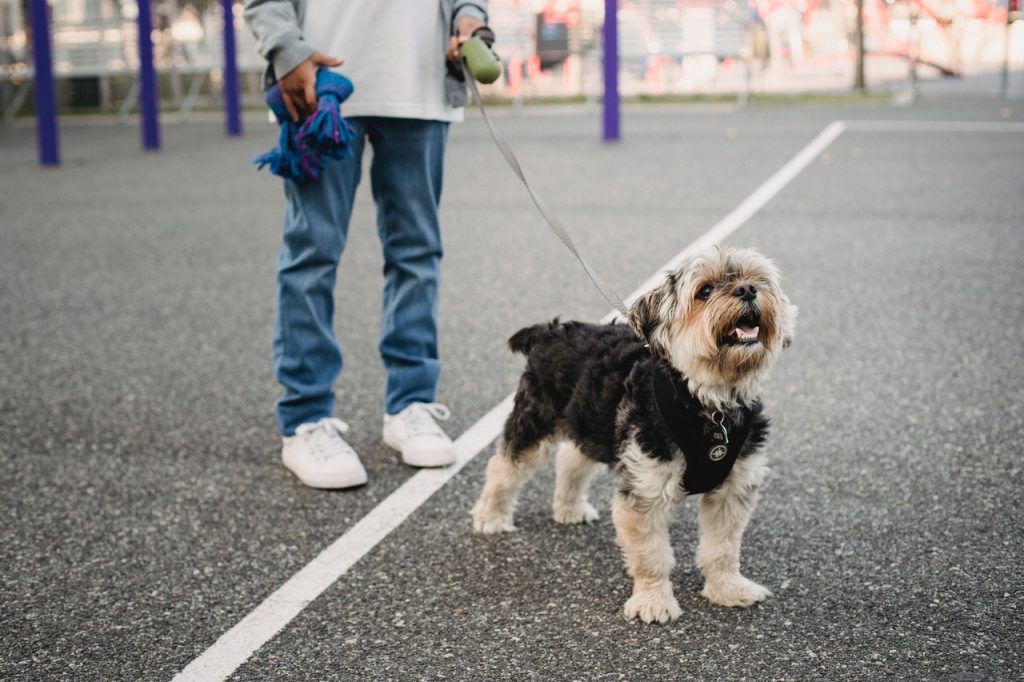
The most important thing is to only praise your puppy as soon as it stops the misbehavior and redirecting them to something more beneficial.
If you find that your puppy is urinating or defecating in your home, it may be because they aren’t fully house trained yet. Start by creating a schedule for your furbaby. Puppies tend to need to relieve themselves when they frst wake up, after they eat, after a nap, after play time, and right before bed. Start by taking them out every hour and reward them whenever they relieve themselves outside. If your puppy has an accident at home, do NOT bring them to where they had an accident and put their face in it. They will NOT understand what the issue is. In order to properly train them, you have to catch them in the act. If you notice any signs that may indicate that your puppy may pee or poop in the home, make a loud noise (like a clap) to stop them in their tracks, and bring them outside to finish.

This will mean that you need to constantly supervise them. If you are unable to constantly watch them, or your home is on the larger side, try keeping your puppy on a leash when they are roaming or designate a play pen they can hang out in.
We have a great in-depth article that goes into how to potty train your puppy!
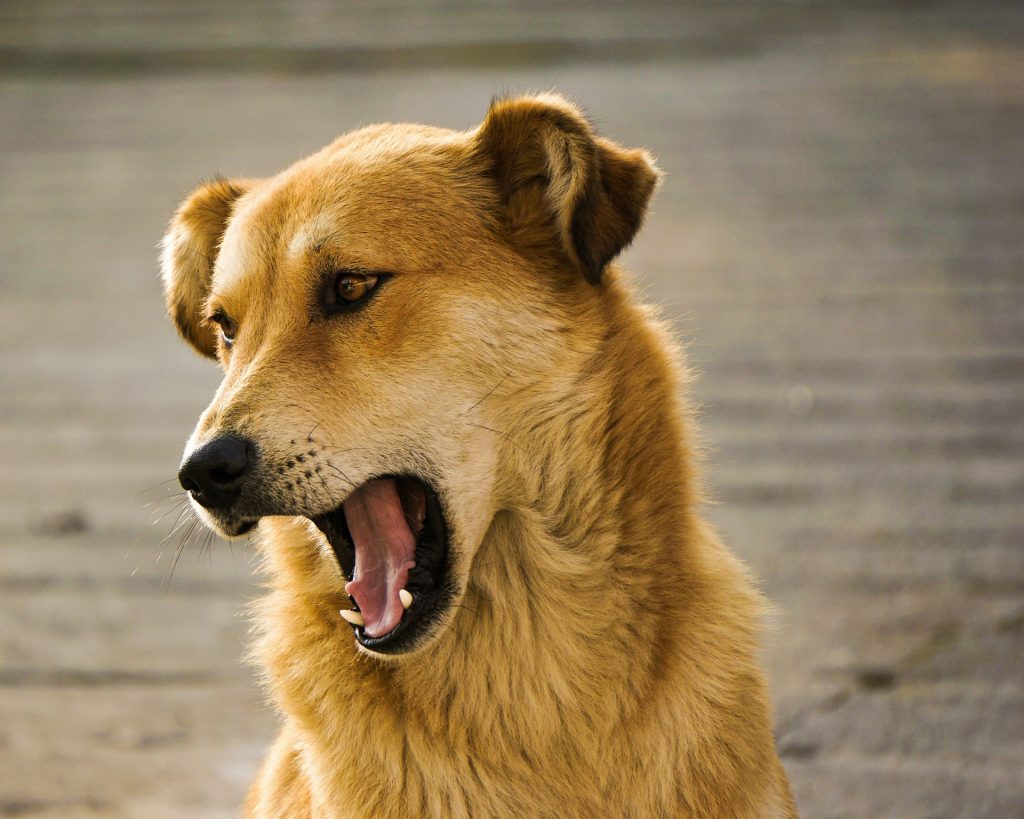
Barking and whining can be caused by a variety of things, such as alerting you when there is a stranger at the door or something unknown is approaching. It’s important to be vigilant and watch your puppy’s body language to determine what or who they are barking at.
If you’re finding that they are barking at objects or people on the street or in the home, it may be an indication that they are not properly socialized. It is vital to try and socialize your puppy as early as possible so they can have a successful adult life. Here is a great article on puppy socialization that includes training methods, a helpful checklist, and more!

Nipping, biting, chewing, etc are typical behaviors of a bored puppy. As you already know, puppies have an insane amount of energy that needs to be expended. It is almost like a baby – they are throwing a fit because they are tired or bored and need stimulation. Taking frequent walks, having play dates, teaching tricks, and playing with toys can mentally stimulate them enough to make them no longer nip or bite. They may also be teething so having the proper toys to encourage healthy teeth growth is essential!
If your puppy nips or bites you, it means “game over.” Stop any sort of play time with them and physically leave the room. Calmly say “No” and leave. Yelling or shouting will only encourage that behavior more because they are getting a reaction out of you. If they back off, give them a treat!

If you’re finding that your puppy chews on inappropriate items (like your shoes!), it’s a good idea to keep a alternative toy on hand. Once you notice your puppy chewing on something they shouldn’t be, replace it with the toy and reward them with a “Yes!” or “Good!” You can also redirect them by working on a trick, such as sit.
Puppies should be given toys that interest them and occupy their time. When supervised, you can allow your puppy to investigate and explore its environment. Their daily routine should always include exercise, play, training, affection to ensure success!

Separation anxiety is a common puppy problem, especially with the current pandemic. Sometimes all of the above mentioned problems can be associated with separation anxiety. If you notice these behaviors, but only when you leave the home, your furbaby may have it. We have a great, helpful guide on how to treat separation anxiety in detail. It delves deep into what could be causing it and solutions.
Be Patient!
If you’re having trouble staying patient while handling your puppy, please consult a veterinarian and a dog trainer. Veterinarians can rule out any medical issues associated with these behaviors while dog trainers can offer more insight on how to properly disciplining your dog. Your puppy looks to you for guidance and give unconditional love – give them the same energy back!
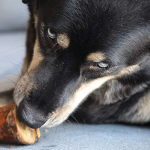

Leave a Reply